News

Apr 10, 2024
Q&A: New technology may help identify neuromotor disease symptoms in infants
A team of researchers led by Huanyu “Larry” Cheng tested the use of wearable sensors paired with a “tiny” machine learning algorithm to automatically monitor and evaluate general movements in infants.
Full Article
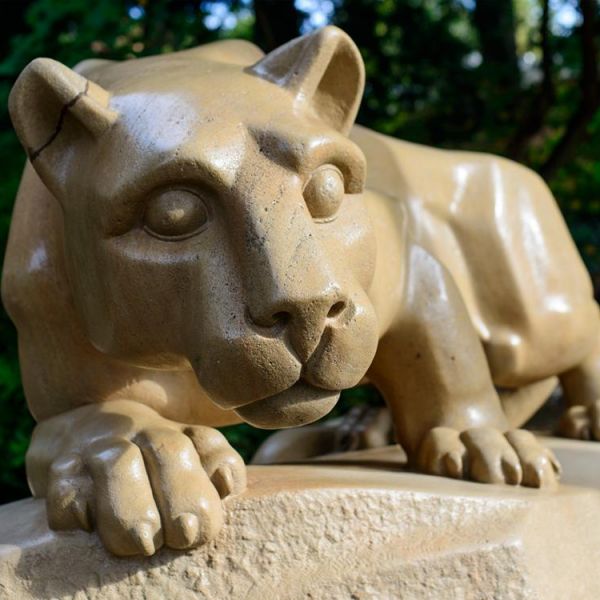
Apr 10, 2024
Three Penn Staters earn national Goldwater Scholarships
Penn State undergraduates Nate Carey, Bridget Reheard and Mabel Tong have earned the 2024 Goldwater Scholarship. The national Goldwater Scholarship recognizes undergraduates who show exceptional potential as leaders.
Full Article
Apr 08, 2024
Podcast sheds light on the evolution of disease-causing pathogens
As the ever-growing number of Covid variants has made clear to the global public in recent years, disease-causing viruses can evolve incredibly fast. The same holds true for bacteria that cause many infectious diseases. Andrew Read was interviewed about his career as a prominent researcher in this field.
Full Article

Apr 04, 2024
Forty graduate students honored with prestigious University awards
Forty Penn State graduate students were named recipients of Penn State’s most prestigious annual graduate student recognition awards, administered by the Graduate School in collaboration with several Penn State units.
Full Article
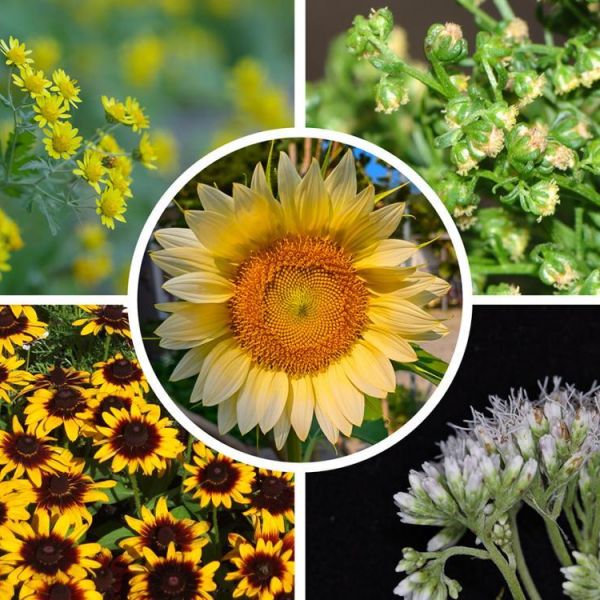
Apr 03, 2024
New sunflower family tree reveals multiple origins of flower symmetry
The sunflower family tree revealed that flower symmetry evolved multiple times independently, a process called convergent evolution, among the members of this large plant family, according to a new analysis.
Full Article
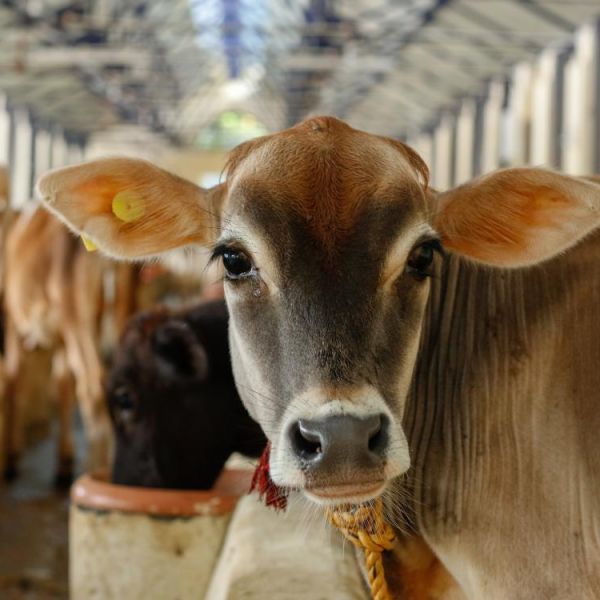
Mar 28, 2024
Vaccine protects cattle from bovine tuberculosis, may eliminate disease
Bovine tuberculosis (TB) is a livestock disease that results in large economic losses to animal agriculture worldwide. The disease can also transmit to humans and cause severe illness and death.
Full Article

Mar 27, 2024
Andrew Read named senior vice president for research
Andrew Read, the former director of the Huck Institutes of the Life Sciences and a faculty member in the departments of biology and entomology, has been selected to serve as Penn State’s senior vice president for research.
Full Article
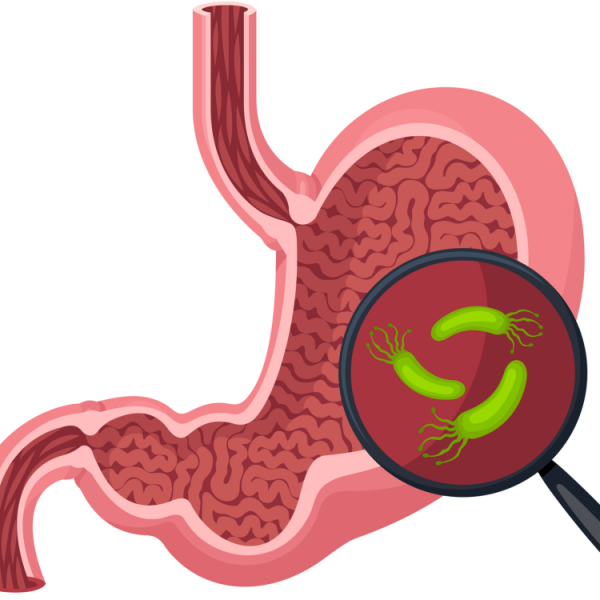
Mar 27, 2024
Synthetic material could improve ease and cut cost of gut microbiome research
A team of Penn State researchers has developed a new synthetic material that could enable scientists to more easily study how microorganisms interact with the gastrointestinal (GI) system.
Full Article

Mar 26, 2024
Hughes named recipient of Kopp International Faculty Achievement Award
David Hughes, Dorothy Foehr Huck and J. Lloyd Huck Chair in Global Food Security and professor of entomology in the College of Agricultural Sciences and biology in the Eberly College of Science, is the recipient of the 2024 W. LaMarr Kopp International Faculty Achievement Award.
Full Article
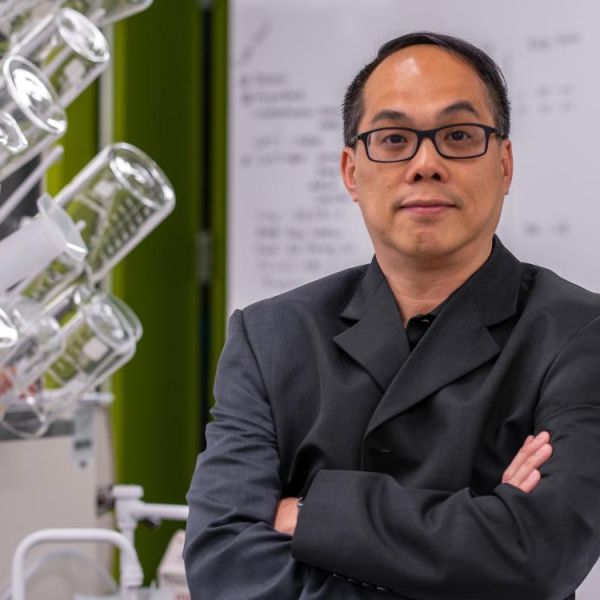
Mar 25, 2024
Listen to your gut: Using microbiota analysis for precision health care
The human body harbors approximately 30 trillion microbes, known collectively as the microbiota. These microorganisms influence various bodily functions, including digestion and metabolism to immune response, according to Pak Kin Wong.
Full Article